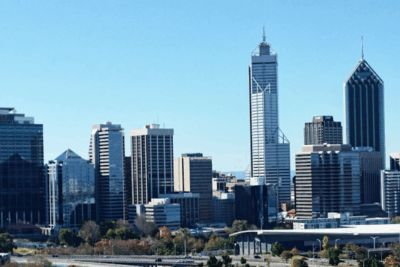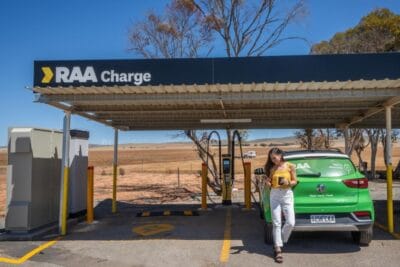South Korea, Australia, NuTonomy, Texas Instruments, Charging Corridor.
Futuristic expressway: South Korea wants to build a network of “smart” motorways for self-driving electric cars by 2020. These are said to include stretches where the EVs can be charged inductively while driving. By 2018, all major rest stop along the country’s expressway will be equipped with chargers.
koreatimes.co.kr
Fuelling the future: The Australian Capital Territory (ACT) government has already ordered 20 units of the next Hyundai fuel cell model, said to hit the road in 2018. The cars will be part of a project that is looking to use excess wind energy to produce hydrogen to fuel more than 1,000 FCVs.
caradvice.com.au
Expanding the autonomous fleet: Start-up NuTonomy that recently began testing autonomous taxis in Singapore (we reported), wants to also trial its electric cars in other cities. It will add three Asian cities to the mix from 2017 and wants to expand to a total of ten locations by 2020 – then also including cities in Europe and the U.S.
pri.org
Wi-Fi enables chargers: Texas Instruments presented a reference design of an EV charger with Wi-Fi connection, to allow EV owners to i.e. charge at non-peak times or monitor charging from a distance. The technology can be used for home and public chargers.
prnewswire.com, ti.com
Charging corridor: A total of ten fast-chargers are to connect Quebec in Canada with the U.S. city of Portland, Oregon. When the project will be completed is not clear, but on the Quebec side, a number of charger have already been installed. Two other U.S.-Canadian corridors are still up for discussion.
ctvnews.ca




0 Comments